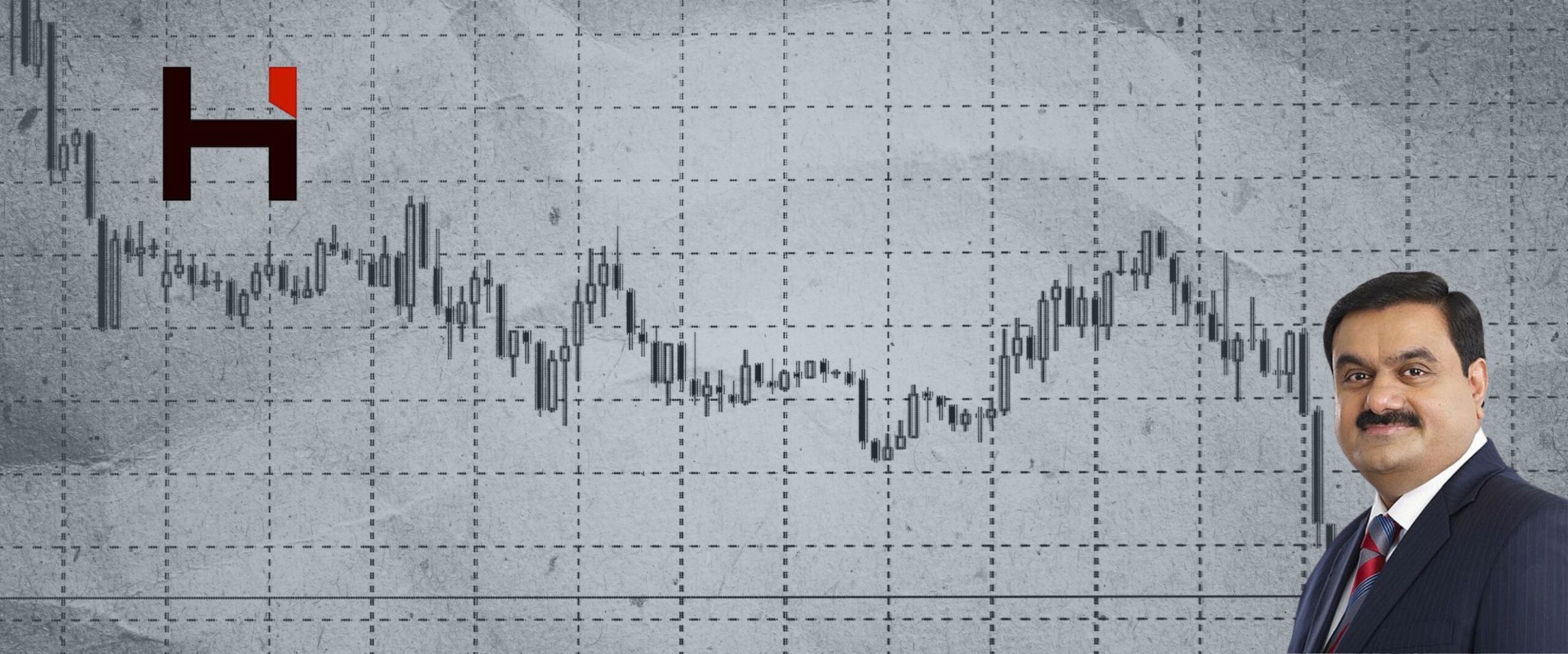Analysis
SCO Shorts: Adani-Hindenburg Controversy
An SC-appointed expert committee and SEBI will investigate allegations of fraud levelled against the Adani Group of companies.

On January 25th, 2023, U.S.-based short-seller Hindenburg Research published a report accusing the Adani group of companies of committing the ‘largest con in corporate history’. Soon after the Hindenburg Report was published, Adani Group stocks plummeted by USD 140 billion. Hindenburg Research, however, profited from this crash in prices since it took a ‘short position’ against the Adani Group’s U.S. holdings.
What is Short-Selling?
Short-selling refers to selling a stock that the seller does not own at the time of the trade, with the intention of buying it back at a lower price later in the future. Short sellers ‘borrow’ shares and sell them at market value, and buy them back when the share price falls. The difference in value is the profit. To put it simply, a short-seller bets on the price of the stock going down in order to make a profit.
What are the allegations against the Adani Group?
The Hindenburg Report accused the Adani group of engaging in large-scale stock price manipulation, falsely overinflating the value of their assets, and controlling over 75% of their shares through different offshore shell entities controlled by the Group. All of these are prohibited by the Securities Contracts (Regulation) Rules, 1957 in order to protect investors.
Hindenburg also accused the Adani Group of taking on substantial debt by overleveraging their assets to obtain several large loans amounting to ₹2.2 lakh crores. If the Adani Group is unable to pay back its loans, the lending banks will be unable to recover the debt amount putting them in a precarious position.
Why does it matter?
The allegations levelled against the Adani Group imply that the Indian regulatory framework failed to stop large-scale stock manipulation and accounting fraud over the course of decades. If the allegations are true, it would mean that the Adani Group, and Mr. Gautam Adani, raked in over $100 billion in net worth through illegal means.
Alternately, even if the Hindenburg report is found to be false, the damage is already done. Soon after the report’s release, the Adani Group’s share prices saw a massive crash to the tune of USD 140 billion, drastically affecting investor confidence and allowing Hindenburg Research to rake in substantial profits.
What is the Supreme Court’s role?
A wide range of petitions were filed before the SC over the Adani-Hindenburg controversy. One batch of petitions alleged a conspiracy by Hindenburg Research to fraudulently make profits by crashing Adani stock prices. A second batch of petitions sought an investigation by an expert committee to investigate the possibility of fraud by the Adani Group.
On March 2nd, 2023, the SC formed a 6-member committee led by Justice (retd.) A.M. Sapre to investigate the allegations against the Adani group and claims of regulatory failure. Notably, the SC refused to consider the Union’s sealed cover recommendations for members of the panel, stating that it would select the experts by itself and ‘maintain full transparency’.
What next?
Upon hearing various petitions seeking an investigation into the allegations made by Hindenburg Research, the SC formed a 6-member expert committee to investigate the allegations. The committee led by former SC Justice A.M. Sapre comprises the following members:
- Justice (retd.) J.P. Devadhar
- Mr. O.P. Bhat
- Mr. Nandan Nilekani
- Mr. Somasekharan Sundaresan
- Mr. K.V. Kamath
The expert committee is tasked with the following:
- To conduct an overall assessment of the situation
- To suggest measures to increase investor awareness
- To investigate claims of regulatory failure
- To suggest measures to strengthen the regulatory framework
An investigation into the claims of regulatory failure implies that the Securities and Exchange Board of India (SEBI) may be under scrutiny by the SC. The committee will submit its report in a sealed cover within two months.
At the same time, the Bench also ruled that SEBI may continue to conduct a separate investigation. The SC directed SEBI to submit its report within two months.
